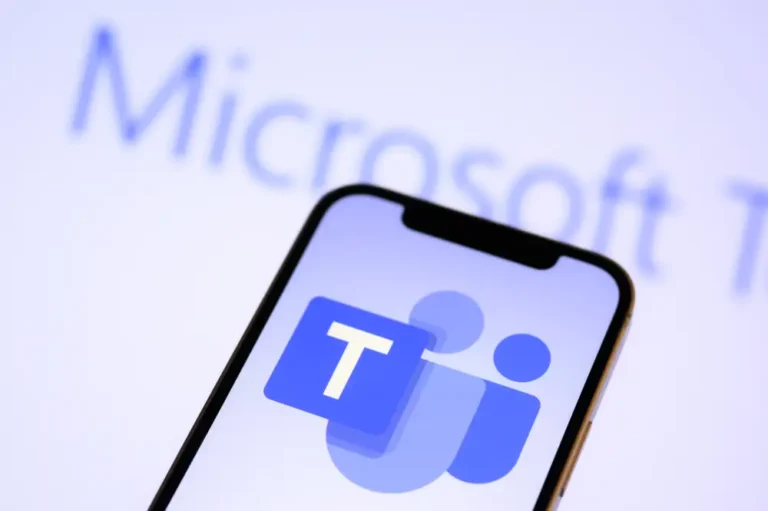Zoom abandons its video-based identity, rebranding as an AI-first company

Zoom is doubling down on its AI strategy.
Zoom — the company best known for bringing the world the videoconferencing software that got corporate workers through the coronavirus pandemic — wants to be known for its status as an AI-first company, CEO Eric Yuan wrote in a company blog post published Monday announcing a major rebrand.
From this day forward, the company formerly called “Zoom Video Communications Inc.” will be known simply as “Zoom Communications Inc.” the post reads, as the company focuses on an AI-first approach to corporate communications.
For the company, an AI-first approach means “taking a federated approach to building AI-centric tools and products that enable you to work happier, smarter, and faster,” the blog post said.
“Woven throughout Zoom Workplace, AI Companion frees us up to focus on more important work and minimizes time wasted on less meaningful tasks,” the company announced. “By summarizing meeting tasks, drafting email responses, and preparing you for meetings, AI Companion is your digital assistant that reduces your over.”
It added that the new capabilities aim to ” free up a whole day’s worth of work and allowing you to work just four days per week.”
Big bucks in the AI business
Zoom isn’t the only company revisiting its business trajectory and marketing strategy in the wake of the industry-wide AI boom.
Major Big Tech firms, from Amazon to Google and Meta, are spending big on AI.
Amazon, Google, Meta, and Microsoft are expected to invest about $300 billion in AI-linked capital expenditures next year, and 2026 is slated to be even bigger, according to estimates by Morgan Stanley.
On October 30, Microsoft disclosed a $13 billion equity investment in OpenAI for the first time, according to Securities and Exchange Commission filings. It had previously described its relationship with OpenAI as a partnership instead of an equity investment.
“We have a long-term partnership with OpenAI, a leading AI research and deployment company,” Microsoft wrote in its annual SEC filing in late July. “We deploy OpenAI’s models across our consumer and enterprise products.”
Over at the Google office, CEO Sundar Pichai said that more than a quarter of new code created at Google is generated by AI.
Pichai said in October, during the company’s Q3 earnings call, that using AI for coding was “boosting productivity and efficiency” within Google. After the code is generated, it’s checked and reviewed by employees, he added.
In a recent episode of The Wall Street Journal’s “Future of Everything” podcast, Salesforce CEO Marc Benioff discussed why he considered renaming his customer service software company to more readily reflect its focus on AI.
But not every company’s AI strategy has been smooth sailing.
Microsoft’s flagship AI product, Copilot, had a stumbling start when it was introduced last September. In October, when the management consultancy Gartner published a survey of 123 IT leaders, only four said Copilot provided significant value to their companies.
Representatives for Zoom did not immediately respond to a request for comment from B-17.






